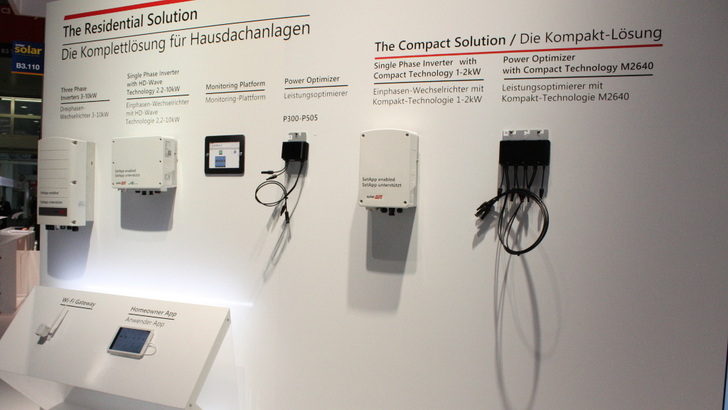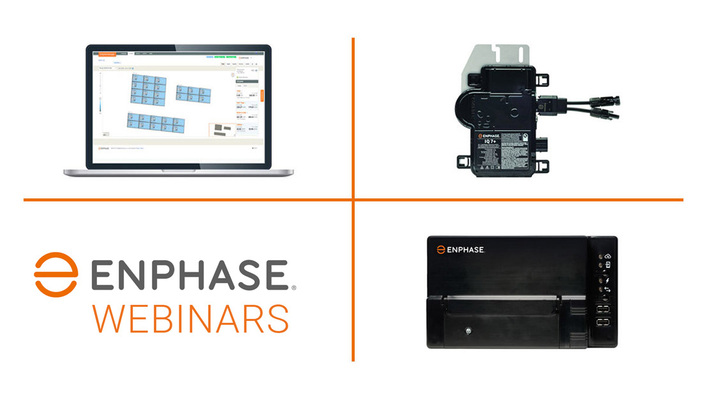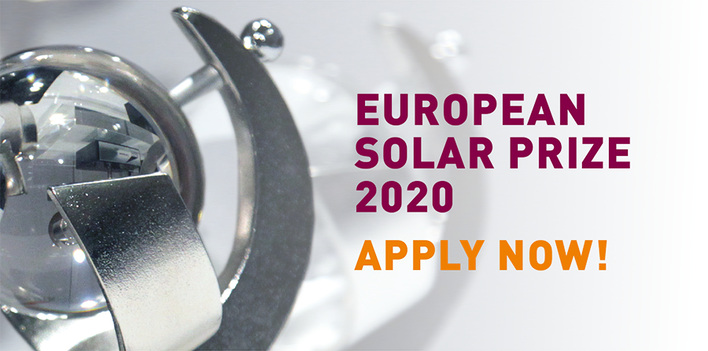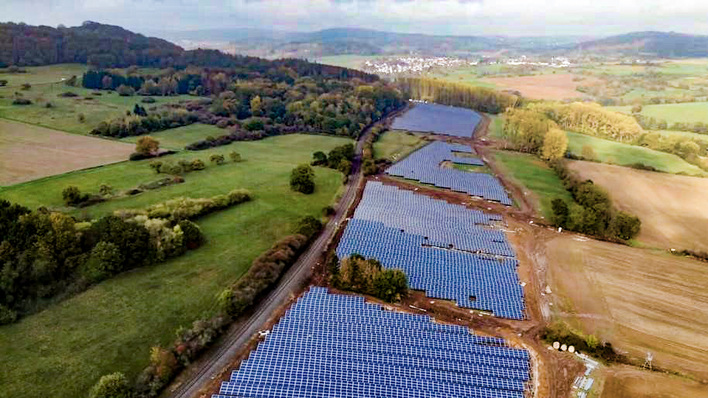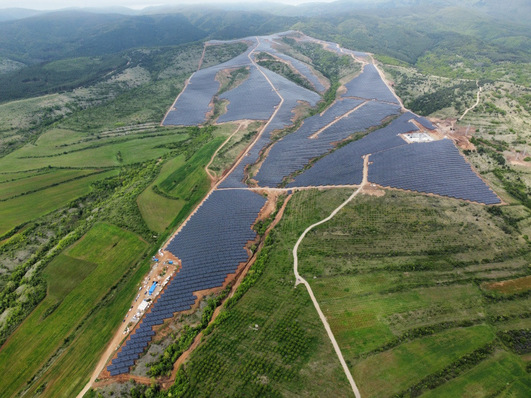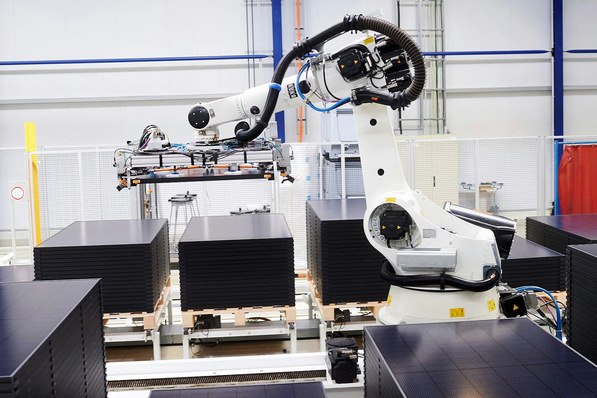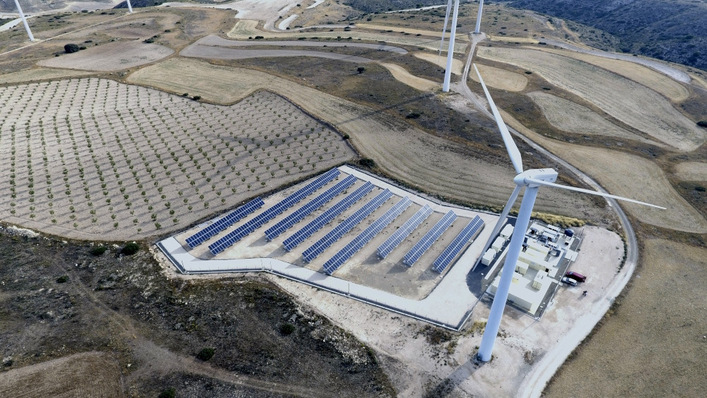In April, a study by the University of Southern Denmark (SDU) cast doubt on the additional yields achieved by DC optimisers under conditions of partial shading. On a test site (with a ground-mounted system) a comparison was made between module-based DC optimisers and conventional string inverters. Now SolarEdge, a supplier of DC optimisers, is contesting the study's findings: "The test conditions in the study are given as extreme scenarios, which, according to the study, were chosen such that the optimisers are expected to deliver the greatest benefit," says Lior Handelsman, Vice President of Sales and Product Strategy at SolarEdge, and comments: "This raises false expectations. This is because the scenarios do not allow any conclusions about real photovoltaic systems mounted on roofs or on the ground."
Several points of contention
SolarEdge questions several points in the study, including insufficient test duration, cherry picking of operating data, or missing data, for example on the mismatch of solar modules in the test. "In each scenario, only 14 modules per system were tested, and the same modules were used in all scenarios," criticises Lior Handelsman. "This sample size does not have sufficient statistical significance to extrapolate meaningful conclusions about the behaviour of photovoltaic systems.
Therefore, SolarEdge rejects the study as inapplicable and not realistic. "For example, the scenario with multiple module orientations was simulated by covering only one solar module in a string with a thin cotton cloth," he analyses. "This would not produce a different irradiation curve during the course of the day, as would be the case in the real world with a differently oriented module. A second example is the placement of a large mast directly in front of the solar modules to cause shading. This only tests the bypass diodes, not for the mismatch at the module level."
Added yield verified in many tests
On the other hand, Handelsman points out that the potential added yield from DC optimisers has been demonstrated in numerous research studies "conducted over the years by respected, professional and objective organisations". "The National Renewable Energy Laboratory (NREL) has commissioned a study from the PV Evolutions Lab (PVEL). It found that the SolarEdge system exceeds the performance of a leading standard inverter and micro-inverter system.
Another study published by the University of Gayle in 2019 again confirmed these results. In the study, the power optimisers showed an energy gain of two per cent in light shade and up to 8.5 per cent in heavy shade compared to a conventional string inverter system." (HS/mfo)

